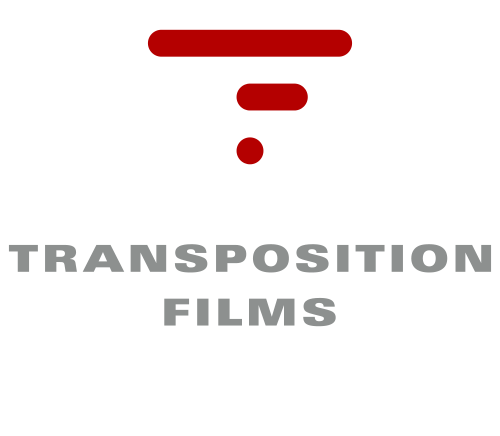“Myth provides, if only for a moment, what we desire: to break through to some great truth in which the heart can rest and which can give coherence to the isolated particulars of life.” – C.S. Lewis
Why are we so drawn to stories? Why do they play such an important role in our lives? Kids often refuse to go to bed until they get “one more bedtime story.” As a society we pour billions daily into books, movies, comics, plays, music, poetry, and the list goes on. Heck, the movie industry alone is 44 billion a year, and that’s just in the U.S. Most of us don’t go a day without absorbing some narrative, whether it be the T.V. you watch at night or your co-worker telling you about his big date last night.
It also seems to be that it’s fiction, the un-factual stories that get most of the attention, that we spend the most on and have the most people wanting it. Yes, there are successful documentaries and biographies, and most books and movies are based upon a true story, but of those very same documentaries and biographies, the ones that add a narrative and embellish the story impact us the most. It’s not enough to merely state the facts. We have to relate to it. We need drama, conflict. The bad guys have to be badder and the good guys gooder. News networks have it pretty much down to a science. They know that the news that sells, that brings in the biggest audience, is the one that plays out like a book or movie.
Story gives us a platform for exploring aspects of society, humanity, love, faith, that cannot always be self-evident in our day to day lives. We as a people eat it up because, in my opinion, it is important in our lives, we need it to exist as a society. It defines us as humans, and is how we are taught to relate to the world around us. In it we learn our histories, and how we create the future. In it, we find truth.
Throughout the past, the most effective commentaries made their mark through narrative. Gulliver’s Travels, a classic fantasy, was originally penned as a satire on then-current government and policies. Even Jesus Christ used story often, as they communicated more effectively and more widely than simply telling people how they should act.
So why is truth that is found in story feel closer to us than propositional statements? More effective then just telling the truth? We all revolt against the very idea of just anyone telling us how to conduct our lives. But we welcome it in story, regardless of storyteller. In fact, the more hidden it is, the more effective it seems to be. Critics have much to say about a film whose undercurrents are not far enough below the surface. It is commonly held to be a detriment to the film. Yet hide it well enough, and praise is heaped on the teller’s mastery of story.
So why is this? I think it has to do with the fact that we don’t want to have it handed to us. We want to Discover for ourselves, we want that feeling of accomplishment and fulfillment when we delve deep into a story and come up with more than we went in with. It makes it real, it makes it tangible, it makes it something we can come away with. Those are the successful stories. The ones that we take with us. Just like the difference between owning and renting a house: when I own it, it means more to me. I take care of it. When we accomplish or find truth on our own it will make deeper connections and make a bigger impact then if it’s simply handed to us. It is this fact that makes us want stories. It’s why we need them.
